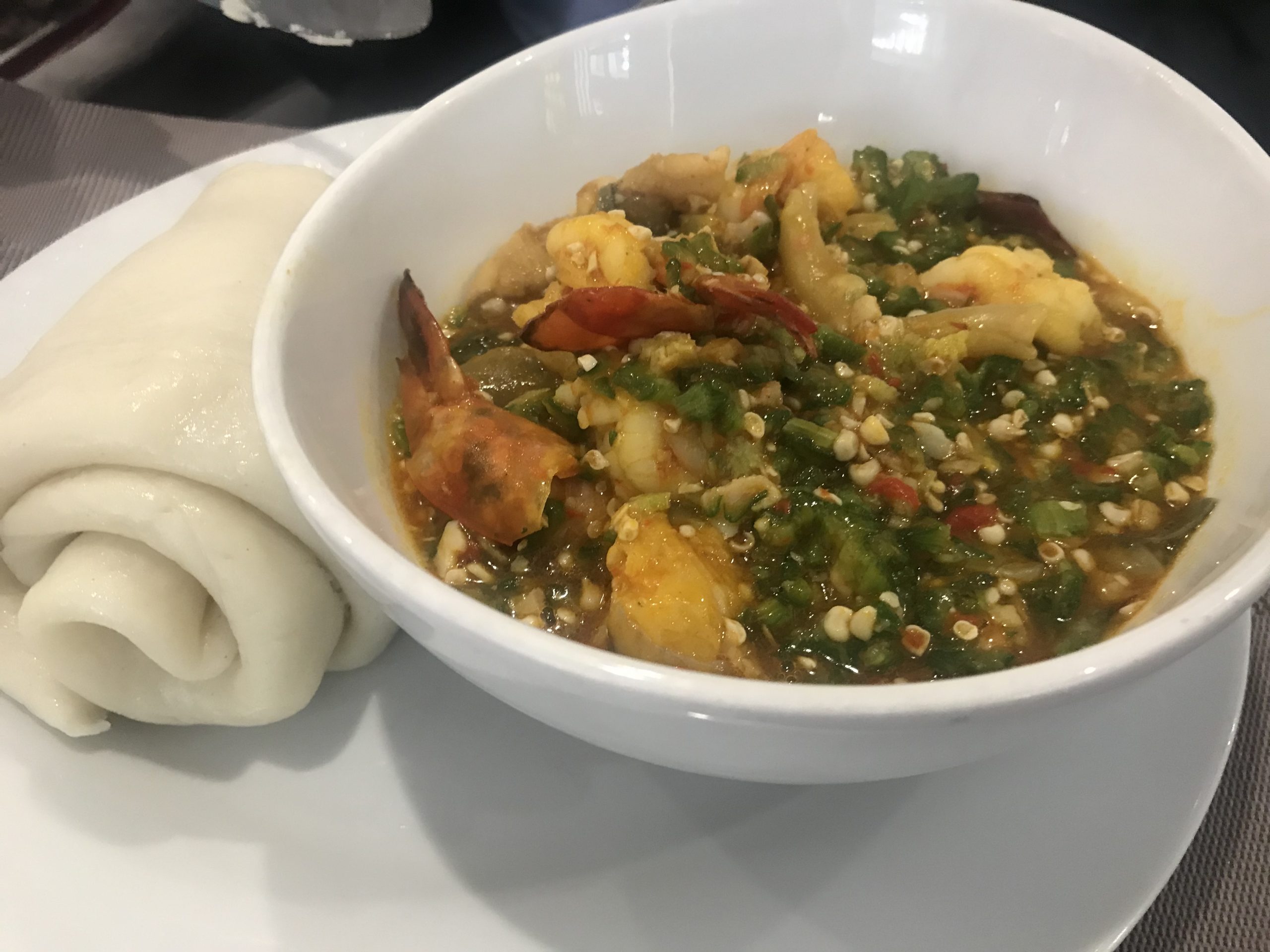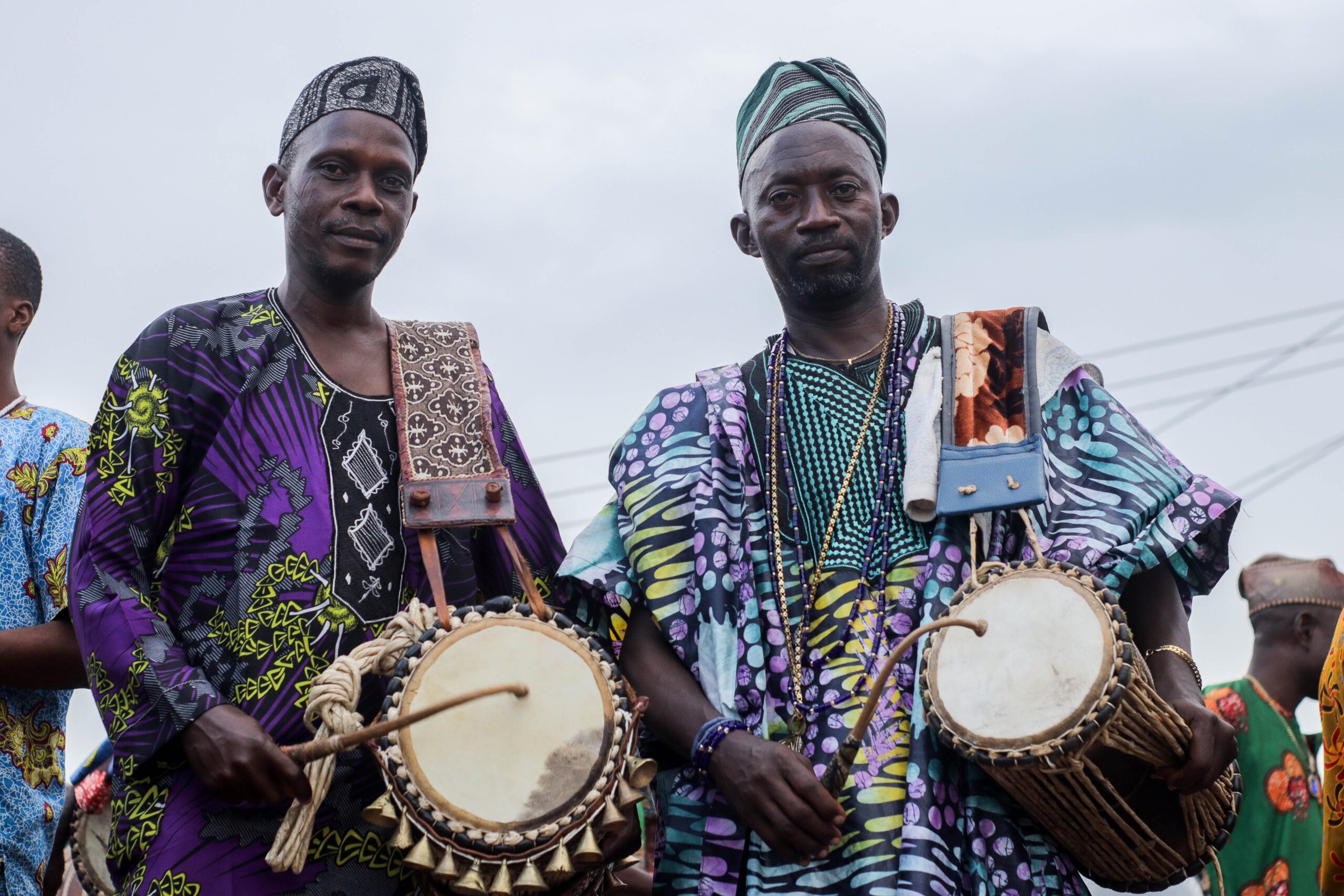From bustling cities to serene villages, the festive season brings families and communities together in a unique blend of cultural traditions and religious observance. As one of the most widely celebrated holidays in Nigeria, Christmas reflects the country's rich diversity and deep-rooted Christian faith. But how exactly do Nigerians celebrate this special time of year? Let’s dive into the heart of Nigerian Christmas traditions and uncover what makes this celebration so special.
The festive season in Nigeria is not just about attending church services or exchanging gifts; it is a time when the entire nation seems to come alive with music, food, and vibrant decorations. Streets are adorned with colorful lights, and the air is filled with the sounds of carolers singing traditional and contemporary hymns. Families travel long distances to reunite with loved ones, making it one of the busiest travel periods of the year. This festive spirit is deeply ingrained in Nigerian culture, showcasing a unique blend of religious devotion and cultural expression.
Despite being a multi-religious nation, Christmas holds a special place in the hearts of many Nigerians, regardless of their faith. The celebration transcends religious boundaries, with people from all walks of life participating in the festivities. Whether it’s enjoying a sumptuous meal of jollof rice and chicken, attending midnight mass, or visiting friends and family, Christmas in Nigeria is a time for connection, gratitude, and joy. So, do Nigerians celebrate Christmas? The answer is a resounding yes, and the traditions surrounding this holiday are as diverse as the country itself.
Read also:Discovering Lily Cates Biography Career And Influence
Table of Contents
- How Do Nigerians Celebrate Christmas?
- What Makes Nigerian Christmas Unique?
- Do Nigerians Celebrate Christmas Differently in Various Regions?
- Why Is Christmas Important in Nigeria?
- How Do Nigerians Prepare for Christmas?
- The Role of Food in Nigerian Christmas
- Do Nigerians Celebrate Christmas with Family?
- Christmas Traditions in Nigerian Culture
- How Does Nigeria Compare to Other Countries in Celebrating Christmas?
- Conclusion: Do Nigerians Celebrate Christmas?
How Do Nigerians Celebrate Christmas?
Christmas in Nigeria is marked by a series of activities that combine religious observance with cultural festivities. One of the most significant aspects of the celebration is attending church services. Midnight mass is particularly popular, where congregants gather to sing hymns, listen to sermons, and reflect on the birth of Jesus Christ. These services are often followed by a procession, with churchgoers carrying candles and singing carols as they make their way home.
Another hallmark of Nigerian Christmas is the emphasis on family reunions. People travel from far and wide to be with their loved ones during this time. The holiday season is seen as an opportunity to strengthen family bonds and resolve any lingering conflicts. It’s common for extended families to gather in one household, sharing meals, stories, and laughter. The sense of community during this time is palpable, as neighbors and friends also join in the celebrations.
Gift-giving is another important tradition during Christmas in Nigeria. While it may not be as commercialized as in some Western countries, exchanging gifts is a way to show love and appreciation. Children often receive new clothes, toys, or books, while adults may exchange items like household goods or personalized presents. These gestures are symbolic of the spirit of giving and generosity that defines the season.
What Makes Nigerian Christmas Unique?
Nigerian Christmas stands out for its vibrant cultural expressions and unique traditions. One of the most distinctive features is the use of fashion during the festive season. Nigerians are known for their love of colorful and elaborate outfits, and Christmas is no exception. Families often dress in matching outfits called “aso ebi,” which are specially designed for the occasion. These outfits are a symbol of unity and are worn with pride during gatherings and celebrations.
Music also plays a central role in Nigerian Christmas celebrations. From traditional carols to modern gospel songs, music is an integral part of the festivities. Many churches organize special concerts and choir performances, while local radio stations play Christmas-themed music throughout the season. The streets are alive with the sound of drumming, singing, and dancing, creating an atmosphere of joy and excitement.
Another unique aspect of Nigerian Christmas is the emphasis on sharing with those in need. Many families and communities organize charity events, distributing food, clothing, and other essentials to the less fortunate. This spirit of generosity is deeply rooted in Nigerian culture and reflects the true meaning of Christmas.
Read also:Unleash The Fun A Complete Guide To Games Unblocked
Do Nigerians Celebrate Christmas Differently in Various Regions?
While Christmas is celebrated across Nigeria, the way it is observed can vary depending on the region. In the southern part of the country, where Christianity is more prevalent, the celebrations tend to be more elaborate and religiously focused. Churches are often packed, and the festivities last for several days, culminating in a grand feast on Christmas Day.
In contrast, the northern regions of Nigeria, which have a larger Muslim population, may not celebrate Christmas as widely. However, there is still a sense of festivity in the air, with markets bustling and people from all backgrounds coming together to enjoy the holiday season. In cities like Abuja and Kaduna, where there is a mix of religious communities, Christmas is celebrated with equal enthusiasm.
Despite these regional differences, certain traditions, such as family gatherings and festive meals, remain consistent throughout the country. This highlights the unifying power of Christmas, bringing people together regardless of their background or location.
Why Is Christmas Important in Nigeria?
Christmas holds immense cultural and religious significance in Nigeria. For many Nigerians, it is a time to reaffirm their faith and celebrate the birth of Jesus Christ. The holiday also serves as a reminder of the importance of family, community, and generosity. These values are deeply ingrained in Nigerian culture and are reflected in the way Christmas is celebrated.
From an economic perspective, Christmas is also a vital time for businesses. Retailers experience a surge in sales as people shop for gifts, decorations, and food. Markets are filled with vendors selling everything from fresh produce to handmade crafts, creating a lively and bustling atmosphere. This economic activity provides a much-needed boost to the local economy, particularly in rural areas.
On a personal level, Christmas is a time for reflection and gratitude. Many Nigerians take this opportunity to pause and appreciate the blessings in their lives. Whether it’s through prayer, spending time with loved ones, or giving back to the community, Christmas offers a chance to reconnect with what truly matters.
How Do Nigerians Prepare for Christmas?
Preparations for Christmas in Nigeria begin weeks in advance. Families start by cleaning and decorating their homes, often adorning them with lights, wreaths, and other festive ornaments. It’s also common for people to repaint their houses or make other home improvements in anticipation of the holiday.
Food plays a central role in the preparations, with many families spending days cooking elaborate meals. Traditional dishes like jollof rice, fried rice, pounded yam, and assorted meats are staples of the Christmas feast. Markets are filled with shoppers stocking up on ingredients, and the aroma of cooking fills the air.
Another important aspect of preparation is shopping for new clothes. Nigerians place a high value on looking their best during the festive season, and it’s common for families to purchase matching outfits for Christmas celebrations. This tradition adds to the sense of unity and excitement surrounding the holiday.
The Role of Food in Nigerian Christmas
Food is at the heart of Nigerian Christmas celebrations, serving as a symbol of abundance and togetherness. The Christmas feast is often a grand affair, with families going all out to prepare their favorite dishes. Here are some of the most popular foods enjoyed during this time:
- Jollof Rice: A flavorful one-pot dish made with rice, tomatoes, and spices.
- Fried Rice: A colorful and aromatic dish often served with chicken or beef.
- Pounded Yam: A traditional dish made from boiled yams, pounded into a smooth dough-like consistency.
- Assorted Meats: Including chicken, turkey, goat, and beef, often prepared in a spicy sauce.
- Moimoi: A steamed bean pudding made with ground beans, peppers, and spices.
These dishes are typically served in large quantities, as hospitality is a key aspect of Nigerian culture. Guests are always welcomed with open arms and a full plate, reflecting the generosity and warmth of the season.
Do Nigerians Celebrate Christmas with Family?
Family is at the core of Nigerian Christmas celebrations. The holiday season is seen as an opportunity to reconnect with loved ones and strengthen family ties. Many Nigerians travel long distances to be with their families, often enduring crowded roads and long journeys to ensure they are home for Christmas.
During this time, families engage in various activities together, from cooking and cleaning to attending church services and visiting relatives. These shared experiences foster a sense of unity and belonging, making Christmas a truly special occasion. Even those who may not celebrate Christmas for religious reasons often join in the festivities, as the emphasis on family and community transcends individual beliefs.
The importance of family during Christmas is further highlighted by the tradition of gift-giving. Presents are exchanged as a way to show love and appreciation, with children often receiving the most attention. This act of giving reinforces the bonds between family members and adds to the joy of the season.
Christmas Traditions in Nigerian Culture
Nigerian Christmas traditions are a fascinating blend of religious practices and cultural customs. One of the most enduring traditions is the lighting of candles, which symbolizes the light of Christ and the hope of the season. Many families also decorate their homes with Christmas trees, nativity scenes, and other festive ornaments.
Another beloved tradition is the singing of carols. Choirs and carolers travel from house to house, spreading joy and goodwill through their music. These performances are often accompanied by dancing and clapping, creating a lively and festive atmosphere.
Charity is also a key component of Nigerian Christmas traditions. Many families and communities organize events to give back to those in need, whether through food drives, donations, or volunteer work. This spirit of generosity reflects the true meaning of Christmas and highlights the values of compassion and kindness.
How Does Nigeria Compare to Other Countries in Celebrating Christmas?
While Christmas is celebrated worldwide, Nigerian traditions offer a unique perspective on the holiday. Unlike in some Western countries, where the focus may be more on commercial aspects like gift-giving and Santa Claus, Nigerian Christmas is deeply rooted in family, faith, and community. The emphasis on religious observance and cultural expression sets it apart from many other celebrations.
Compared to countries in Europe or North America, Nigerian Christmas celebrations are often more communal. Families and communities come together in large gatherings, creating a sense of togetherness that is central to the festivities. This communal spirit is a defining feature of Nigerian Christmas and reflects the country’s strong sense of community.
Despite these differences, the underlying themes of love, generosity, and joy are universal. Whether in Nigeria or elsewhere, Christmas is a time to celebrate the bonds that unite us and to reflect on the values that matter most.
Conclusion: Do Nigerians Celebrate Christmas?
Christmas in Nigeria is a vibrant and meaningful celebration that reflects the country’s rich cultural heritage and deep-rooted Christian faith. From attending church services and sharing festive meals to dressing in colorful outfits and giving back to the community, Nigerians embrace the holiday season with enthusiasm and joy. The question “do Nigerians celebrate Christmas?” is answered

